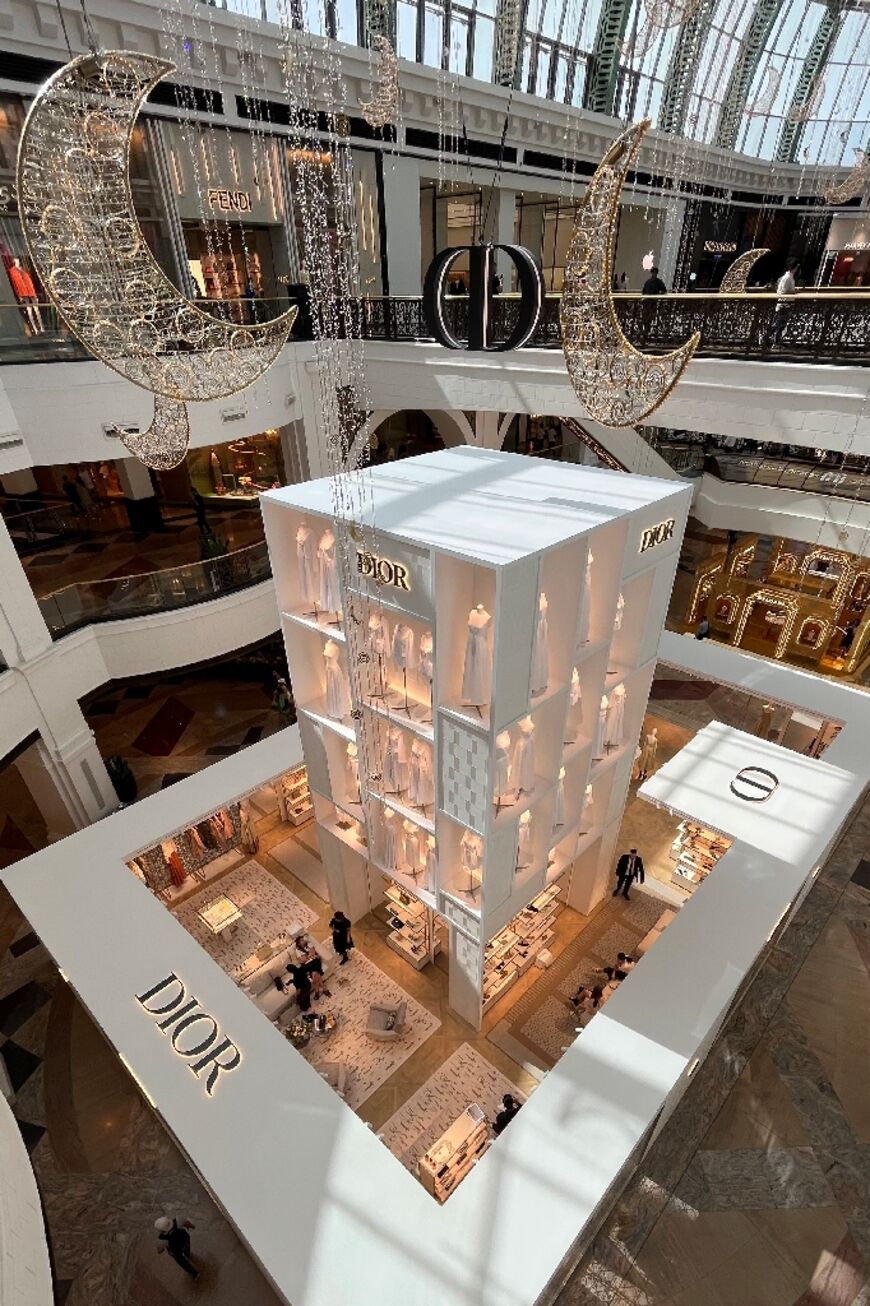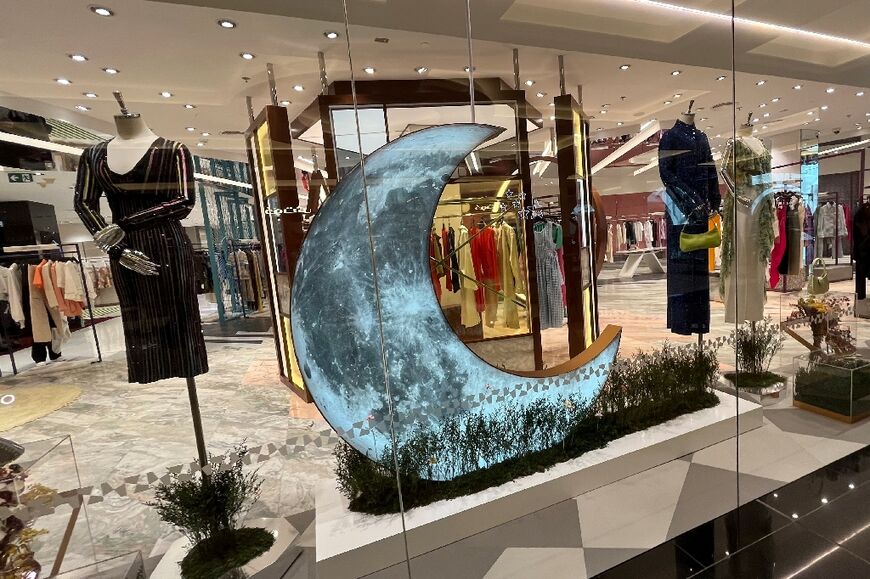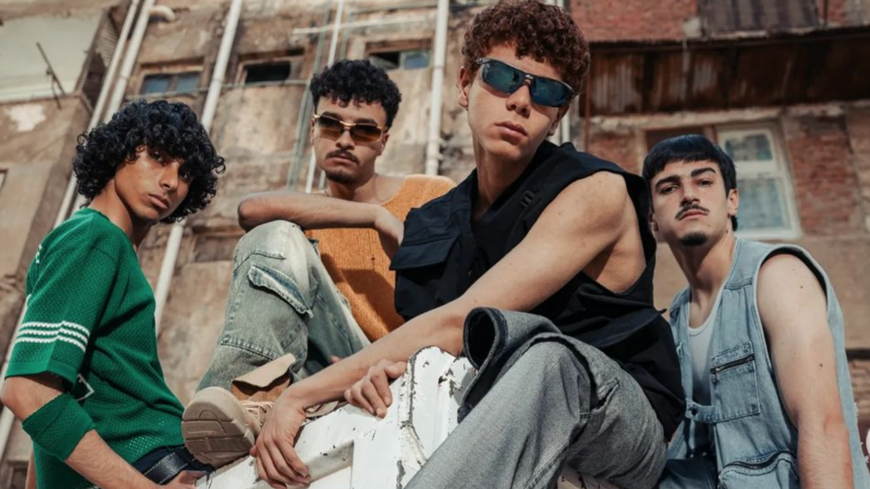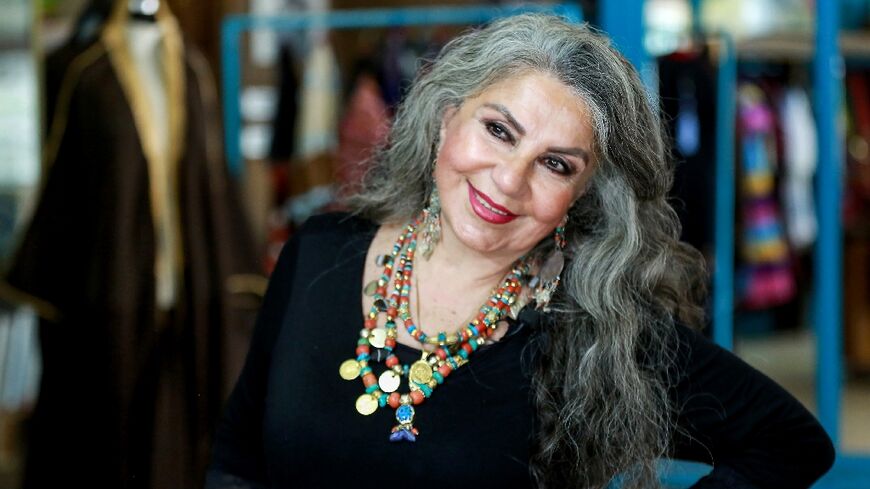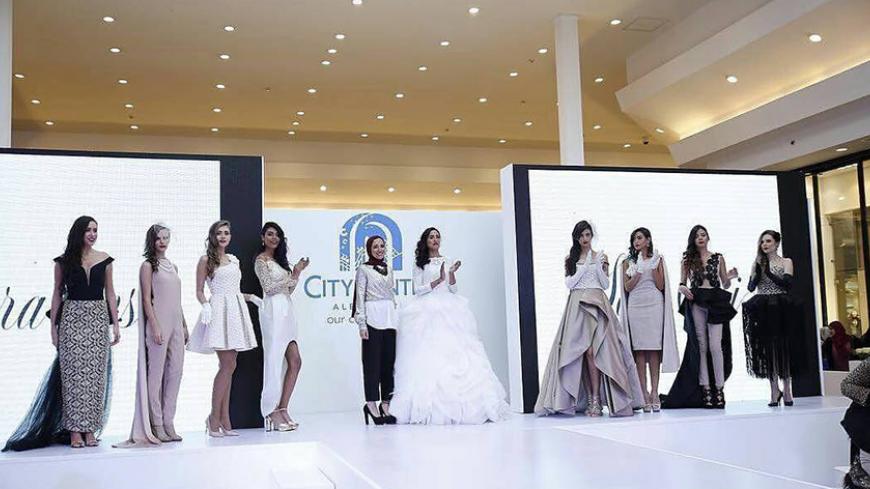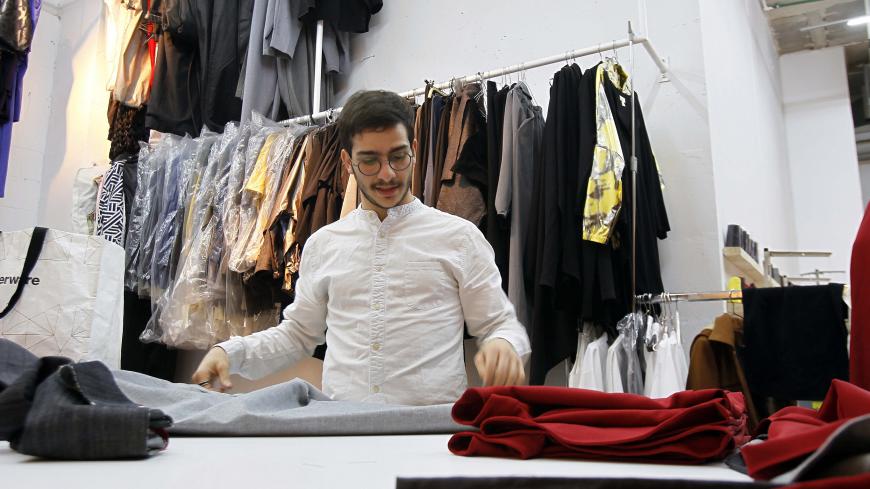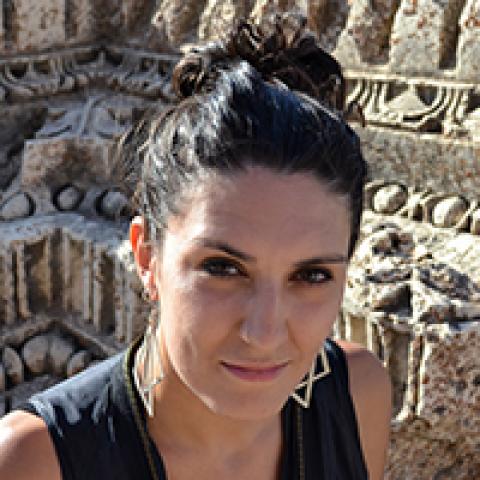Luxury brands court Middle East with Ramadan collections
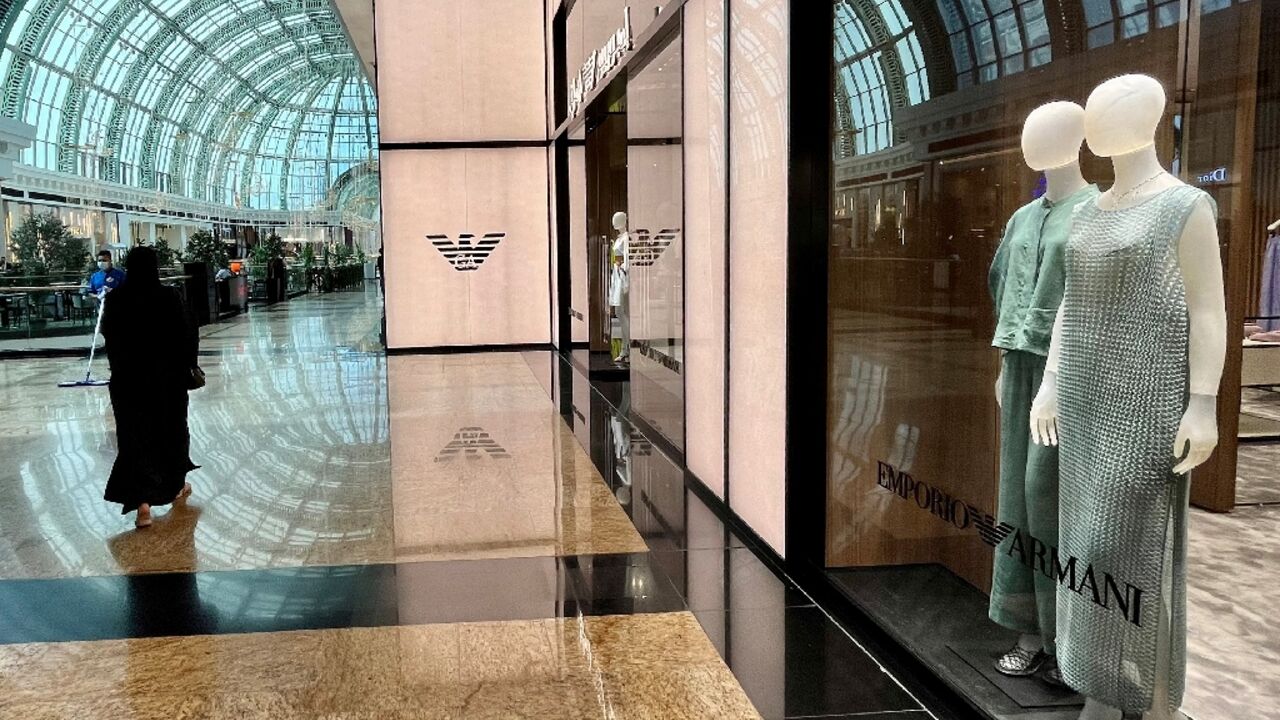
With flowing kaftans, fluid separates and glamorous maxi dresses, Western luxury fashion brands are increasingly targeting the monied Middle Eastern market with Ramadan capsule collections.
"You're about to be the best-dressed person at every iftar and suhoor that you attend," declared Cosmopolitan Middle East magazine earlier this month in a Ramadan fashion spread, referring to the meals before and after the daily fast during the Muslim holy month.
Top luxury brands from Louis Vuitton to Versace have rolled out handbags and shoes, sunglasses and clothing that varies between sober pastels, florals and embroidered prints.
Gucci's 2023 Ramadan collection, "Nojum" (meaning stars), is inspired by the night sky, featuring deep purples and daywear options for men.
"Luxury brands know more now about our local culture, our Islam. You can see abayas and jalabiyas, Ramadan and Eid collections in the windows of luxury brands," said Moza el Katbi as she shopped in the Mall of the Emirates in Dubai.
Also soaking up the offerings in the opulent shopping centre was Feriale Faraj, an Iraqi who lives in Jordan but was visiting her son in Dubai.
"I feel happy when we see something like that. It's nice to encourage this if we have the means" to buy, she said, admiring the Dior and Louis Vuitton displays.
"Western fashion isn't the only fashion that is beautiful, the oriental style is also pretty," she added.
- Booming industry -
The trend of releasing Ramadan collections in recent years reflects the development of the Middle East into a significant market for fashion brands, with increasingly demanding consumers who are among the highest spenders in the world.
E-commerce is booming, influencers from the region have growing clout, and women are playing an increasingly active role in the workforce.
"The post-pandemic shift of international luxury spending, the boom in tourism and changing consumer behaviour, new local interest in health and fitness regimes, strong economic prospects and relatively low inflation make the region particularly attractive for brands to invest in," said Euromonitor analyst Marguerite Le Rolland.
She said global brands were also keen to diversify, as Europe's economy was vulnerable to the fallout of the Ukraine war, and Covid-19 lockdown policies in China had caused uncertainty in that major market for luxury brands.
- Avoiding cliches -
While some luxury houses clearly brand their collections for Ramadan, others merely reference the "sacred season" or "this special time of the year".
Some allude to the Middle East with tags about "a thousand and one nights" or "starry skies".
Sofiane Si Merabet, founder of the Dubai-based Karta cultural marketing group, highlighted the difficulty in balancing "the growing commercialisation of Ramadan and cultural appreciation of this key moment.
"Some brands rush in with all the cliches: the moon, camels, the woman in the desert... we can play with the rules but it really depends how it is done.
"What is fundamental when we talk about Ramadan is authenticity... and not hyper-commercialisation. Brands must rely on local communities and artists and not import everything from Paris."


